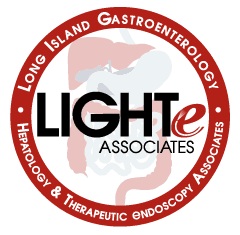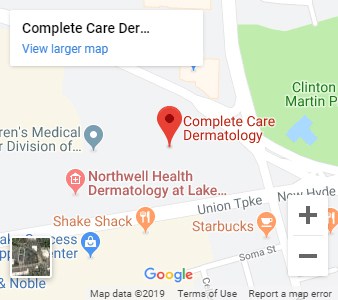Barrett’s esophagus is a condition in which the lining of the esophagus changes, becoming more like the lining of the small intestine than the esophagus. This occurs in the area where the esophagus is joined to the stomach.
It is believed that the main reason that Barrett’s esophagus develops is because of chronic inflammation resulting from Gastroesophageal Reflux Disease (GERD). Barrett’s esophagus is more common in people who have had GERD for a long period of time or who developed it at a young age. It is interesting that the frequency or the intensity of GERD symptoms, such as heartburn, does not affect the likelihood that someone will develop Barrett’s esophagus.
Most patients with Barrett’s esophagus will not develop cancer. In some patients, however, a precancerous change in the tissue, called dysplasia, will develop. That precancerous change is more likely to develop into esophageal cancer.
At the current time, a diagnosis of Barrett’s esophagus can only be made using endoscopy and detecting a change in the lining of the esophagus that can be confirmed by a biopsy of the tissue. The definitive diagnosis of Barrett’s esophagus requires biopsy confirmation of the change in the lining of the esophagus.








